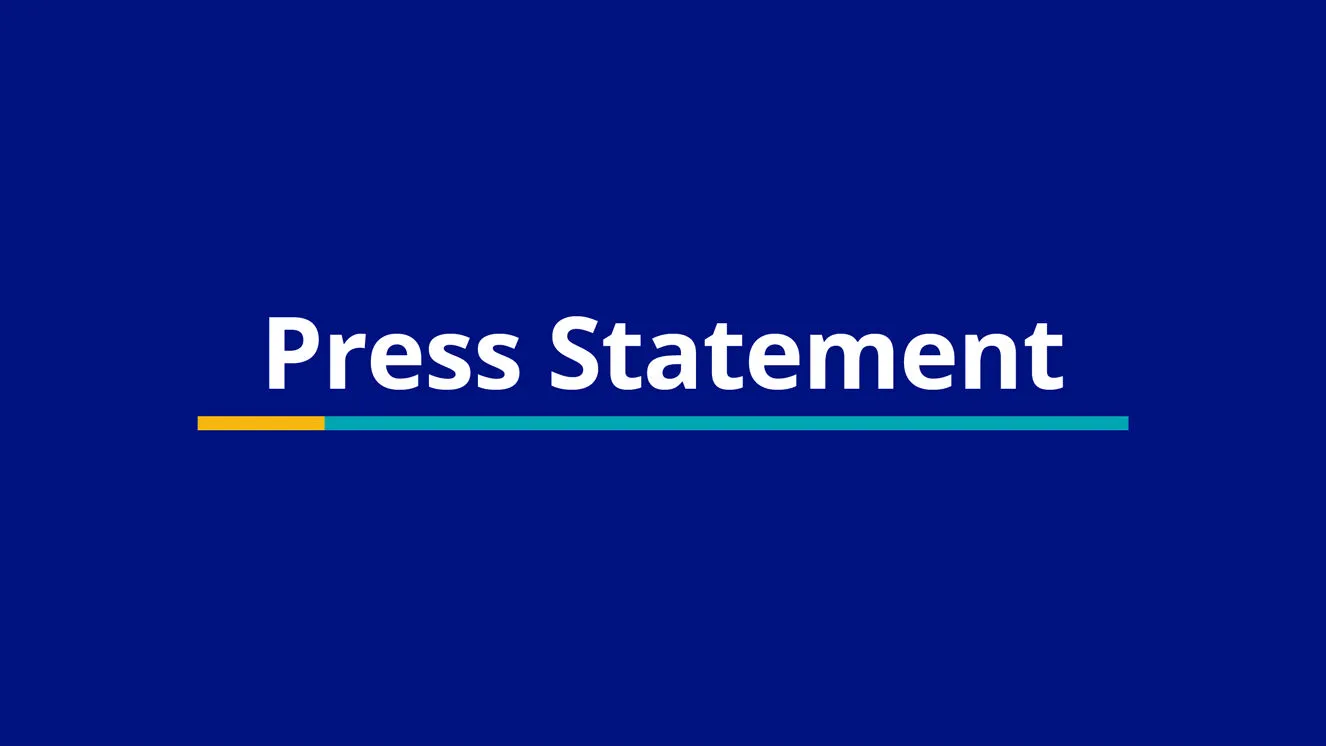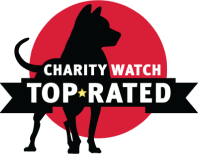Despite Declining COVID-19 Cases, Virus Threatens Unvaccinated Populations
Dr. Tom Kenyon urges global vaccine equity and access, warning that situations can rapidly change where public health control measures are not in place and where people are not being vaccinated.

Washington, DC (19 May 2021) — Dr. Tom Kenyon, chief health officer at Project HOPE and former director of the Center for Global Health at the U.S. Centers for Disease Control and Prevention (CDC), issued the following press updates:
“It is cautiously good news that for the past several weeks, both global and domestic COVID-19 cases and deaths have steadily declined. Hopefully this is a harbinger of more good news to come. Nevertheless, we know from experience that the situation can rapidly change where public health control measures are not in place and where people are not being vaccinated. The latter is a great source of concern in many medium and low-income countries faced with delays in the production of vaccines and shortages of vaccine supplies. Progress is fragile with COVID-19 when it occurs, while other parts of the world have been thrown into crisis and cannot seem to escape.
“Brazil cannot seem to emerge from its pandemic, which exploded nearly three months ago, and shortages of vaccine have left just 15 percent of their population vaccinated.
“Tragically, we continue to see a deteriorating situation in Southeast Asia, where cases and deaths doubled between the last week of April and first week of May in Nepal. Their health system is now on the brink of collapse, while in neighboring India, it has already collapsed.
“The past month’s nightmare in India has sick patients still struggling to find hospital beds, crucial drugs, and most importantly, oxygen. Families are thrown into poverty just trying to pay for space at a crematorium for their lost loved ones. Even more disturbing, if that is possible, is the expansion of the pandemic into rural areas of India where the ability to cope is known to be even more limited and where disease surveillance is so weak that we will never know the true extent of the pandemic. When relatives need to perform CPR on their loved ones in an ICU, you can conclude the health system has collapsed – rather than being on the ‘brink of collapse.’
“The situation is very different in parts of the world that have the means to purchase sufficient vaccines, such as the U.S. where cases and deaths have steadily declined over the past three weeks. The other good news is that vaccine is available in the U.S. for everyone 12 years of age or older. So far, 60 percent of adults have received at least one dose of vaccine and President Biden has set a target of 70 percent by July 4. People are planning summer holidays, enjoying family reunions, and businesses are getting back to normal. Things are looking hopeful as we move away from mass vaccination sites to routinize COVID-19 vaccination through local doctor’s offices, pharmacies, outreach, and community health centers. More and more of those who have not been vaccinated yet will do so as it becomes more convenient, as they develop more confidence, and appreciate the benefits of vaccination, such as not having to wear a mask in most situations. It is most important to public health that those at greatest risk be vaccinated, such as those who live in the zip codes having the highest case and mortality rates. COVID-19 is going to become an endemic disease eventually, with periodic outbreaks among the unvaccinated, at a high cost for the rest of society – as we saw with polio before being eradicated in the Western Hemisphere, and as we still see with measles in this country.
“One of the greatest health inequities of all time is currently underway due to the shortages in COVID-19 vaccine supply, vaccine hoarding by wealthier nations, and their failure to use the WHO’s COVAX facility for more equitable vaccine distribution. President Ramaphosa of South Africa has described it as ‘vaccine apartheid’ – Africa accounts for 17 percent of the world’s population, but only 1 percent of vaccine distribution. Unvaccinated populations are more likely to contribute to the mutation of the coronavirus and the spread of existing variants, rendering ineffective the first generation of approved vaccines. This is why we must prioritize access and increasing supply to achieve global vaccine equity as soon as possible – so those who want the lifesaving benefits of vaccines get the protection they rightfully deserve. While COVID-19 starts to subside in some places, this global problem in vaccine inequity will unfortunately continue well into next year.”
About Project HOPE
Founded in 1958, Project HOPE is a leading global health and humanitarian organization operating in more than 25 countries around the world. We work side-by-side with local health systems to save lives and improve health. Our mission is at the epicenter of today’s greatest health challenges, including infectious and chronic diseases, disasters and health crises, maternal, neonatal and child health and the policies that impact how health care is delivered. For more information on Project HOPE and its work around the world, visit www.ProjectHOPE.org and follow us on Twitter @ProjectHOPEOrg.







